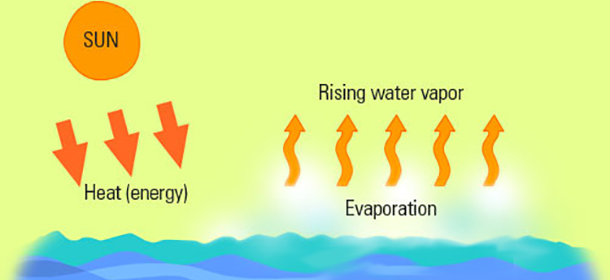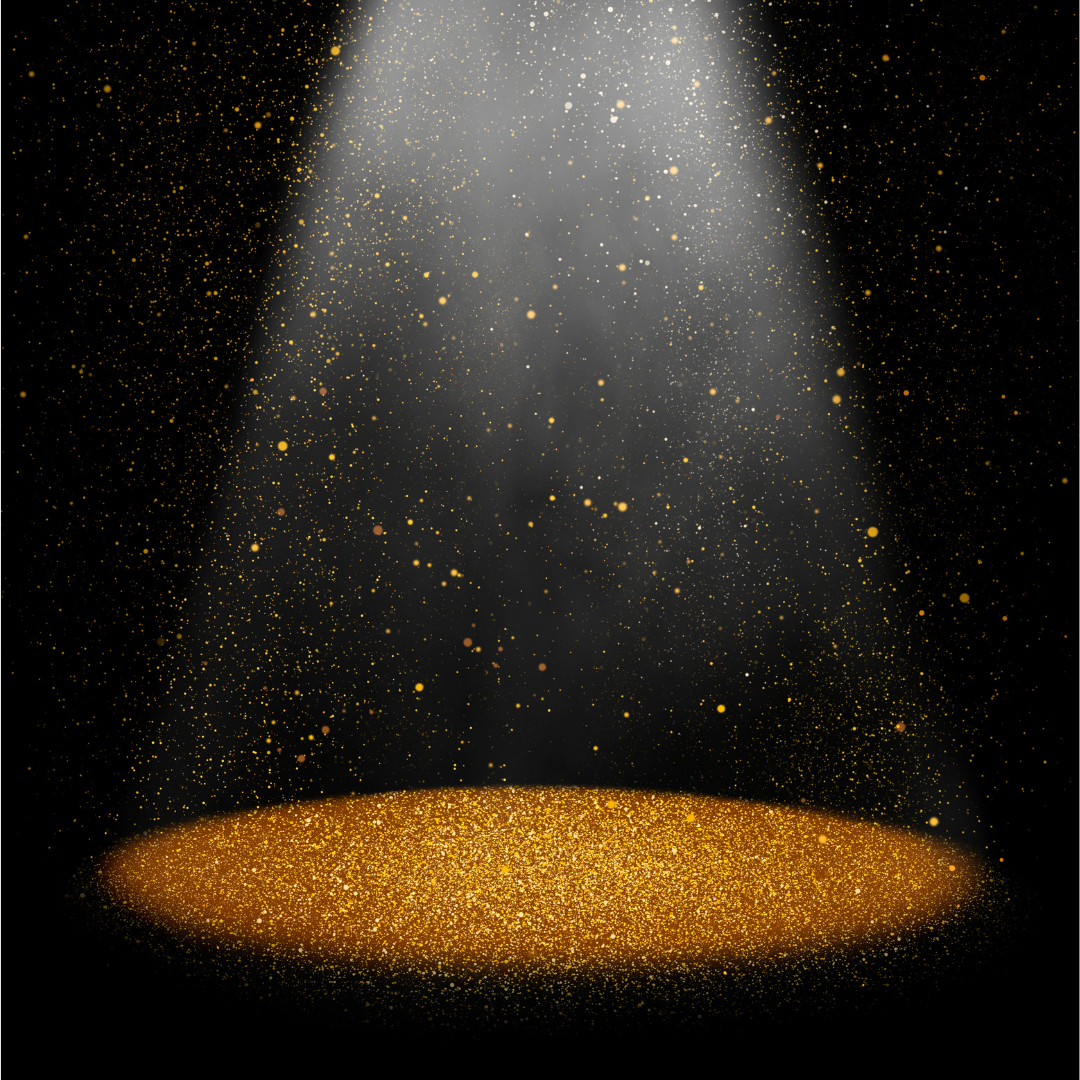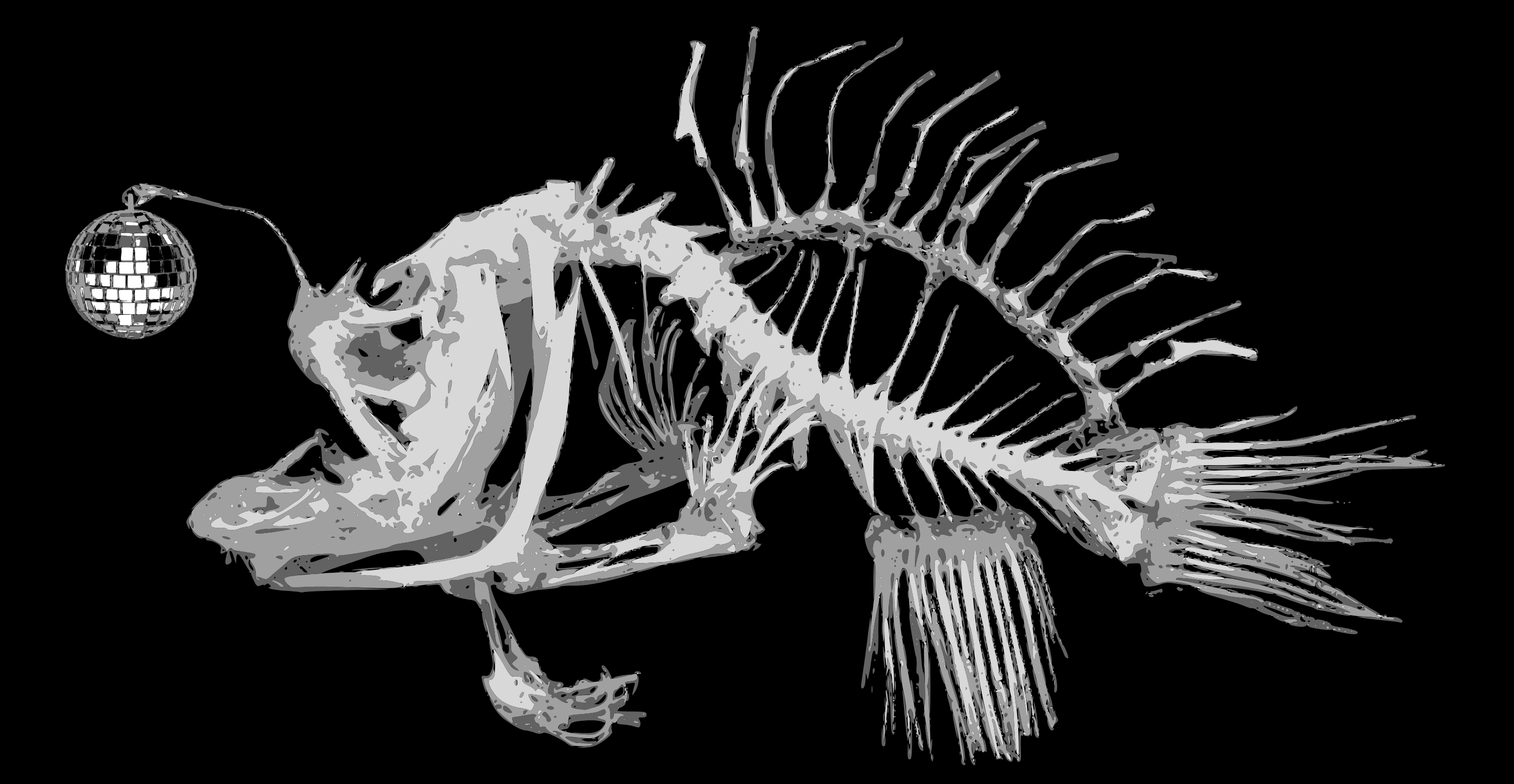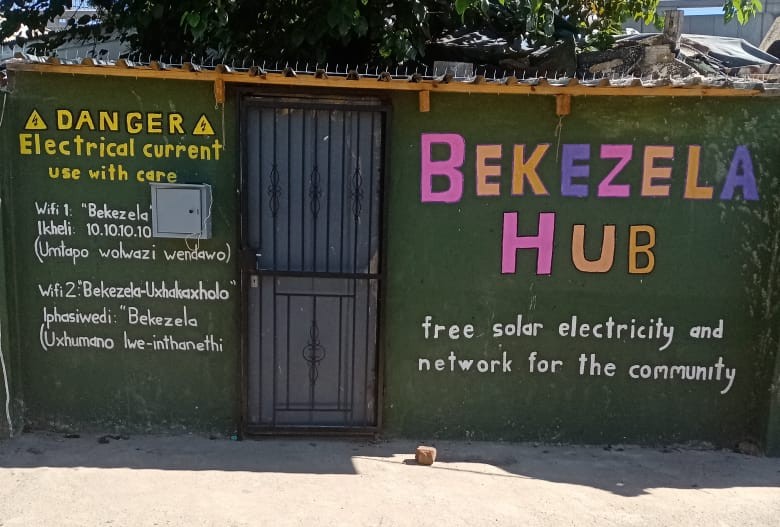At a Leave No Trace event like ours, the focus is usually on very visible issues like camps leaving a pile of trash behind on their location, or people dropping cigarette butts in spaces where much dancing has taken place – and of course the thoughtless dumping of trash on desert roads (which is a massive HELL NO, and pisses off local farmers, and justifiably so).
However, as our event has grown, and with it the size and number of personal camps and also registered Theme Camps and Support Camps (which are where crews bringing Artworks, Mutant Vehicles and other creative projects live for the duration of their stay in Tankwa Town), so the issue of managing camp water has become a topical discussion. As our event takes place in a private nature reserve and we’d like to see as little trace as possible left after our city of dust vanishes again for another year, we’re sharing tips and tricks that will help you manage your camp’s greywater, whether you’re a 5-person camp or a 50-person camp.
These are our 4 general Greywater Do’s and Dont’s (and we have FAQ’s below):
✓ Shower & wash water containing biodegradable soaps can be dispersed in bushes and in
watercourses and dispersed on roads.
X Grease & grime from camp kitchens cannot be dumped into watercourses or on the
ground
✓ Rinse water from camp kitchens (using biodegradable soaps) can be dispersed in bushes
and watercourses
X Blackwater (ie: treated chemical effluent from toilets, and / or any contaminated water)
MUST be disposed of in a municipal treatment plant, or similar disposal channel. This
type of fluid CANNOT be dumped anywhere at our event, or anywhere in the Tankwa
Karoo (including watercourses or drains in urban areas)
Greywater FAQ’s
Q: What is greywater?
A: Greywater is the term used to describe water that’s been flushed out of a washing system – so, in a camp scenario, this would include the dishwater from your camp kitchen, and the water that’s generated by you washing your body or hair in a shower or bath situation.
Q: Is it OK to disperse greywater into the bushes around our event?
A: If you’re using biodegradeable washing-up liquid and/or soap and shampoo, it’s still this greywater can be dispersed in the bushes that surrounds our event site. But remember: ONLY greywater from showering or washing your body can be disposed of in this way – anything that contains food or grease (for example, from cleaning our grimy pots and pans from cooking in your camp) must not be
Importantly, in the desert it can be monkey-see-monkey-do, in the sense that if someone sees you dumping liquid of any kind, they might assume that it’s fine to chuck any kind of unwanted fluids on the ground – but this can and has led to people dumping blackwater (ie: chemically-treated toilet effluent) from motorhomes and campervans onto the ground, which is clearly not OK. If you or a campmate use a chemical toilet, be aware that no pumping facility is offered at our event – all chemically-treated toilets must be pumped out at a municipal sewage pump station (or by the company they were rented from).
Q: Can I disperse my water on the roads, to keep dust down?
A: Yes – you are able to disperse greywater from your shower or kitchen rinse onto the roads to keep dust down, and also on the edge of our city on the bush line. HOWEVER please do not dump heavily greasy greywater, or food waste, onto roads or into watercourses: greywater only.
Q: How do I manage my camp greywater?
A: The general rule of thumb is NOT to have a central collection or dump, as this will rapidly escalate into an unmanageable load of greywater. Rather, ask your campmates to manage their own shower, wash or kitchen greywater as and when it’s generated – this will keep volumes (and headaches) to a minimum.
If you wish to create systems to evaporate greywater you’ve got many options, and none of them involve anything expensive or complicated – though the larger your camp and greywater volume, the more robust your systems will need to be to manage your greywater. Here are some tips & tricks that you and your campmates can employ to get rid of greywater, and leave the desert floor in the state you found it:
1) Create a Drying Wall
A drying wall provides you with a simple non-mechanical way to evaporate quite a lot of greywater, using very simple and easy-to-find basic materials. Create a drying wall by placing a drying rack with fabric (hessian/burlap, towels or other loosely-woven fabric) hanging off it into an inflatable pond so that the fabric touches the bottom of your pond.
The wicking action of the fabric will multiply your surface area, and thus your evaporation rate, massively. As with your pond, weight your drying rack down, or use guy ropes & rebar, so it can’t be blown over when the wind gets crazy.
Here’s a good example of a drying wall system (this one is named the Wikiwickatron) created by Jim Gasperini:
As you can see, the fabric hangs directly into the pond and through wicking action will draw greywater up to continuously be evaporated. (for more info on this system, check out Jim’s Wikiwickatron blog)
For larger camps (from 15 to 50 people) you’ll need more effective ways of evaporation – and that’s where evapotrons or other methods come into play.
2) Create an Evapotron!
For large volumes of greywater from both showers and kitchens, you’ll need to create a system that can handle larger amounts in a more efficient manner. To tackle this challenge, there are some nifty setups that burners in Black Rock City and other Regionals have developed over time, and all can be easily built from readily-available materials & items. These systems are known as Evapotrons, and they use either wind power or pumps to draw up greywater and run them over a mesh that, when exposed to wind and sun, can evaporate much greater volumes of greywater.
Here’s an example of the Gray-B-Gon system, developed by burners in the USA that consists of a simple rotating drum evapotron that uses bicycle wheels, fan blades, mesh fabric and wood & plastic elements:
(for more info on this model, check out this page)
Obviously, this system relies on wind power – and that means ‘no wind, less evaporation’. To overcome that obstacle, there are other ways that greywater can be drawn over a mesh, and these would involve a simple pump system that uses 12-volt power. For info on these systems, which would accommodate the needs of very large camps and evaporate large volumes no matter the wind conditions, take a look at Playa Pauls’ systems and suggestions over on his website.
Lastly: if you can’t or don’t want to build an evaporation pond, or an evapotron, then you should simply use the empty water containers you brought your water in, to decant greywater into and take it all home, where it can be responsibly disposed of.
For even more advanced greywater tech examples, check out Camp IMU (It’s All Made Up)’s video of solutions that they use for a very large camp in Black Rock City.
Thanks to all the inventors of evapotrons that have helped camps manage their greywater!
If you’ve got a solution that you’d like to share with our community so that we can leave no trace of our camps, let us know by emailing your tips & tricks to info@afrikaburn.com
Need more info? Check out Burning Man’s greywater guidelines on their website.
NOTE: as our event will be moving to a new site – Quaggafontein – in the Tankwa Karoo in 2021, these greywater guidelines are likely to be changed, in line with the fresh landscape and the challenges or solutions that it presents. Stay tuned, and keep an eye on this page for updates as we head towards our new horizons.




